Gentlemen’s Guide: Bangkok’s 5 Best Barber Shops
These top 5 barber shops in Bangkok are where gentlemen can elevate ...
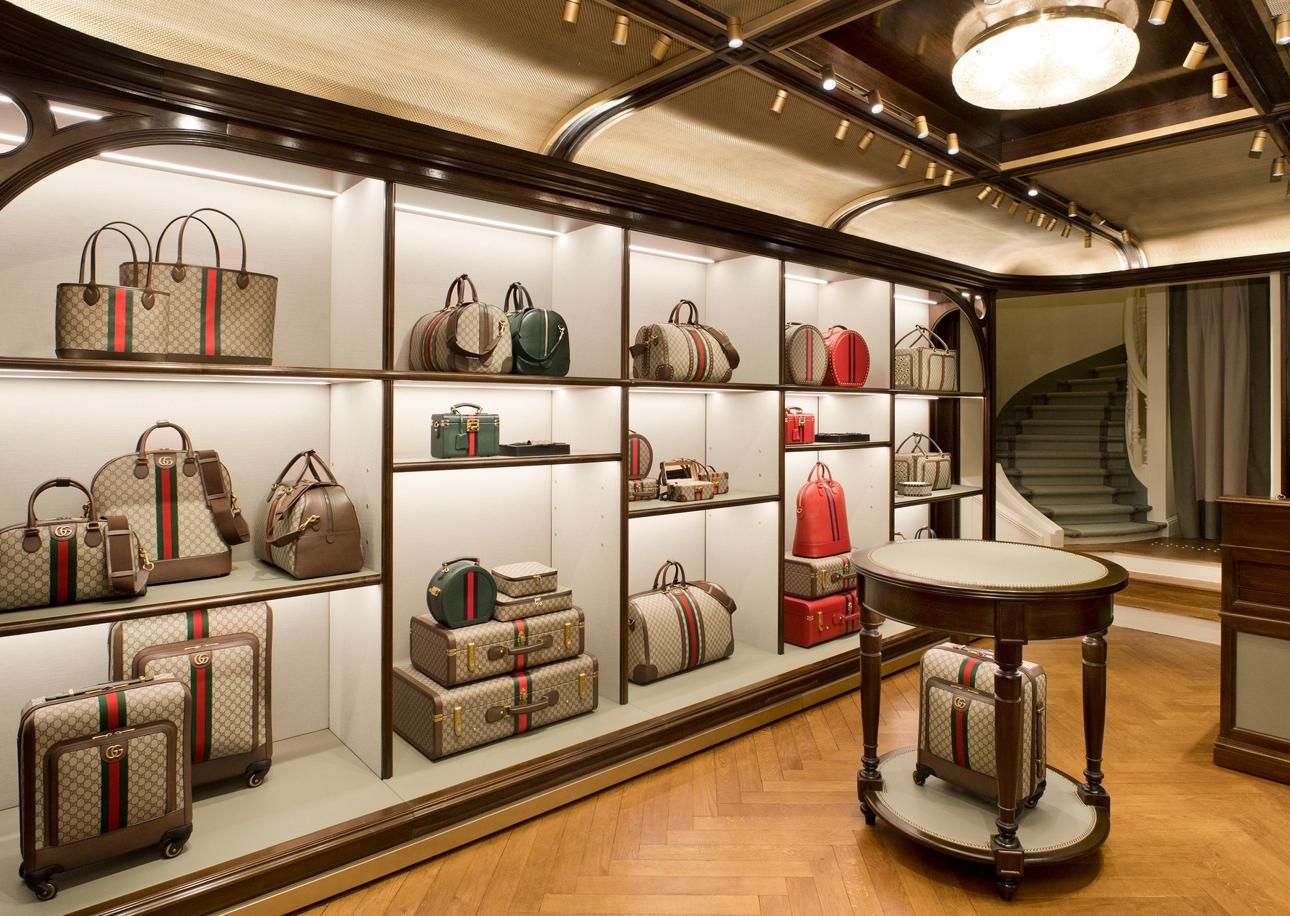
Amid the current focus on sustainability, numerous luxury brands are consistently demonstrating that luxury fashion can indeed embrace ethical and sustainable principles. Through inventive concepts, reimagined uses for vintage attire, zero-waste production methods, and the adoption of clean and natural manufacturing processes, designers are striving to shape an environmentally responsible fashion landscape. These efforts not only create charming designs but they’re also a step in paving the way to a conscious future of fashion. Here are a few brands that are kind to the planet that Koktail would like to share with you.

Photo: Courtesy of Stella McCartney
The first on our list is Stella McCartney. Renowned for commitment to sustainable luxury fashion, Stella McCartney is a driving force in advocating for the use of alternative materials and organic cotton, while championing ethical practices in the creation of upscale garments, footwear, and accessories. Illustrating dedication to both transparency and environmental responsibility, the brand introduced Clevercare in 2014. This pioneering five-step labelling system imparts valuable insights for proper garment maintenance, fostering waste reduction and enhancing the longevity of each piece.
Beyond these initiatives, Stella McCartney expresses an ongoing commitment to environmental accountability. Scientific assessments are conducted on a regular basis to indicate the brand’s greenhouse gas emissions and overall ecological footprint. Additionally, the brand proudly aligns itself with the Ethical Trading Initiative, further highlighting its dedication to ethical business practices. Stella McCartney reflects sustainable luxury, and supports local economies and craftsmanship.
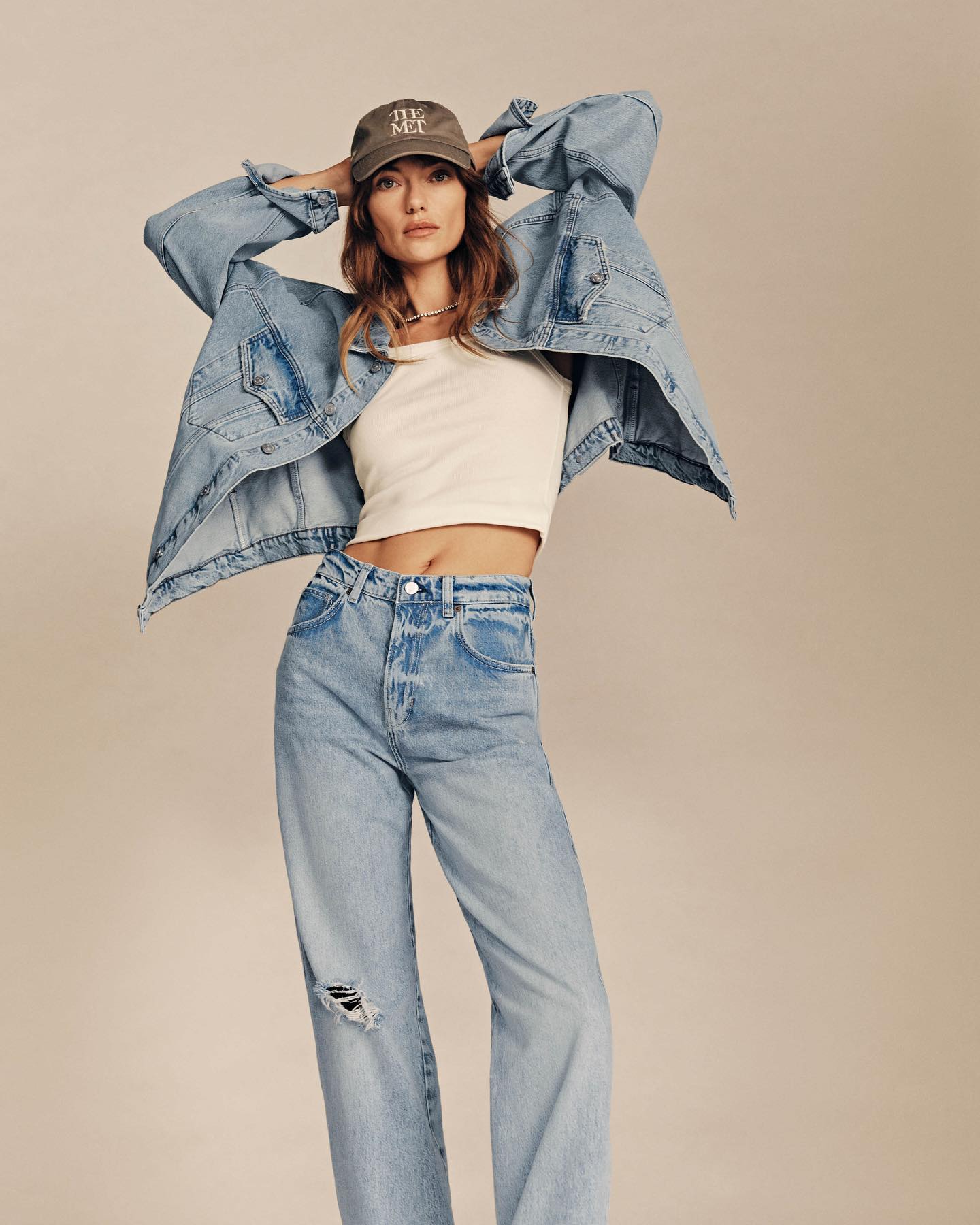
Photo: Courtesy of Reformation
Ranked among the foremost names in sustainable luxury fashion labels, Reformation is revolutionising the concept of feminine silhouettes, with a blend of chic, playful, and athletic aesthetics, adored by influencers like Emily Ratajkowski, Hailey Bieber, and Kaia Gerber.
Reformation is fully climate-conscious and operates with utmost energy efficiency. Based in LA, the brand prioritises transparency by sharing sustainability reports, collaborating with eco-friendly suppliers, recycling waste, and using natural dyes. Moreover, the brand promotes recycled fabrics, vintage pieces, and materials like linen and Tencel lyocell for long-lasting style.

Photo: Courtesy of Tommy Hilfiger
Tommy Hilfiger, one of the largest fashion brands in the US, champions sustainable fashion in terms of both social and manufacturing angles. In 2020, they launched the “Make It Possible” initiative, aiming to reduce their carbon footprint and environmental impact. Guided by the principle “Waste Nothing, Welcome All”, the brand focuses on eco-friendly materials and timeless designs to minimise waste and ensure durable style. With a shift towards plant-based materials, the brand’s initiative tackles climate change and promotes accessibility and inclusivity.
In 2021, Tommy Hilfiger’s parent company PVH Corp partnered with biotech firm Ecovative to join the plastic-free vegan movement and use mycelium to produce raw materials. Back in 2020, the brand introduced premium shoes crafted from recycled apple peel fibres, offering a sustainable alternative to animal leather.
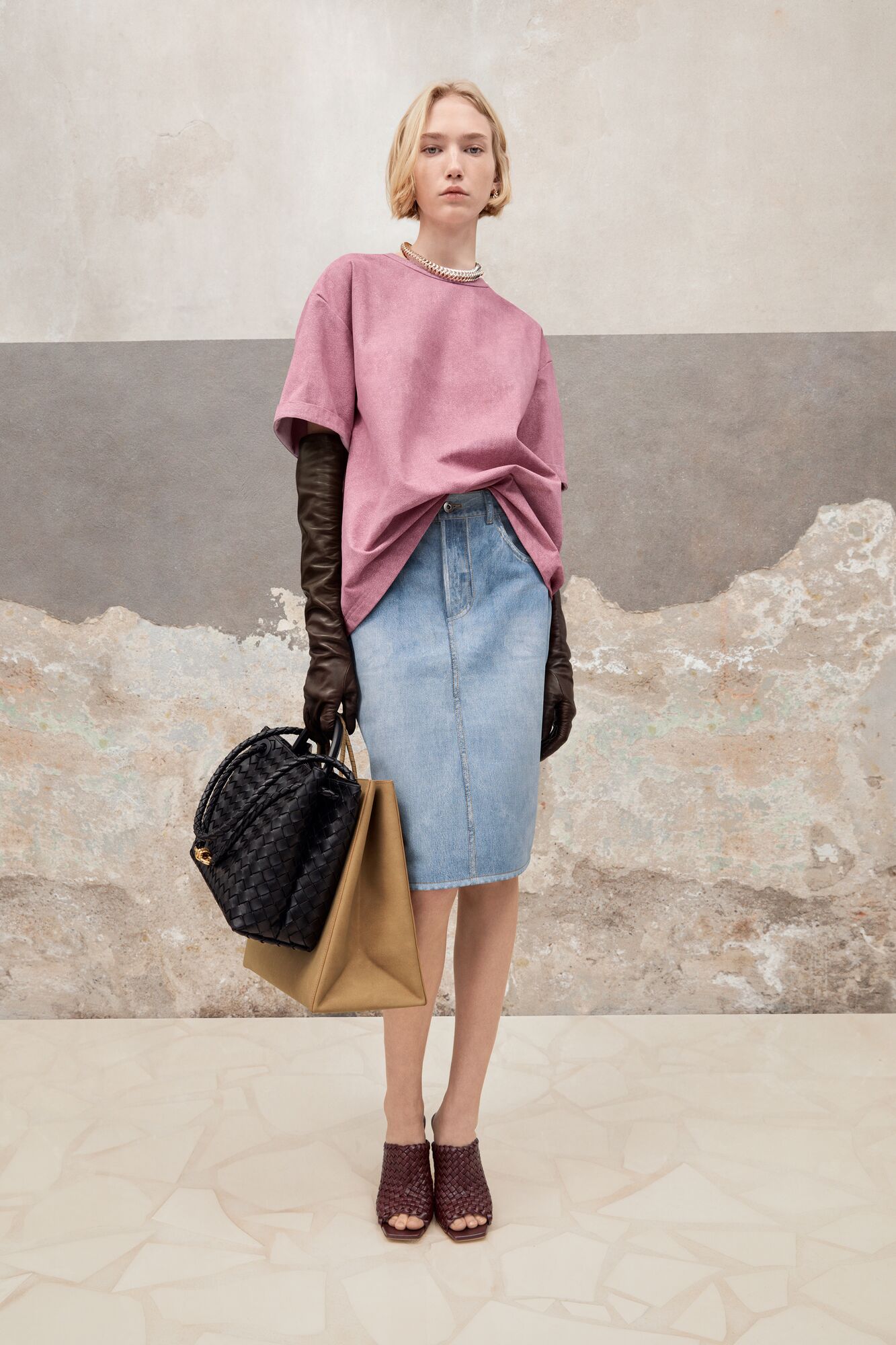
Photo: Courtesy of Bottega Veneta
Bottega Veneta’s products are meticulously designed to span generations. The brand, recognized for its exquisite craftsmanship and offerings like vegan handbags, shoes, and elegant attire. The Italian brand introduced a range of timeless and eco-conscious handbags in 2012. Crafted from Naoron paper, derived from mulberry tree bark, these bags exhibit strength, waterproofing, and flexibility—qualities also found in traditional Japanese washi paper.
Part of the Kering Group, Bottega Veneta achieved a milestone in 2014 by becoming the first luxury label to attain LEED certification from the Green Building Council. This recognition was awarded upon its ecologically designed Montebello Vincentino atelier. The brand’s commitment to sustainability continued in Milan Fashion Week 2020, where they unveiled a collection of biodegradable boots crafted from sugarcane and coffee materials.
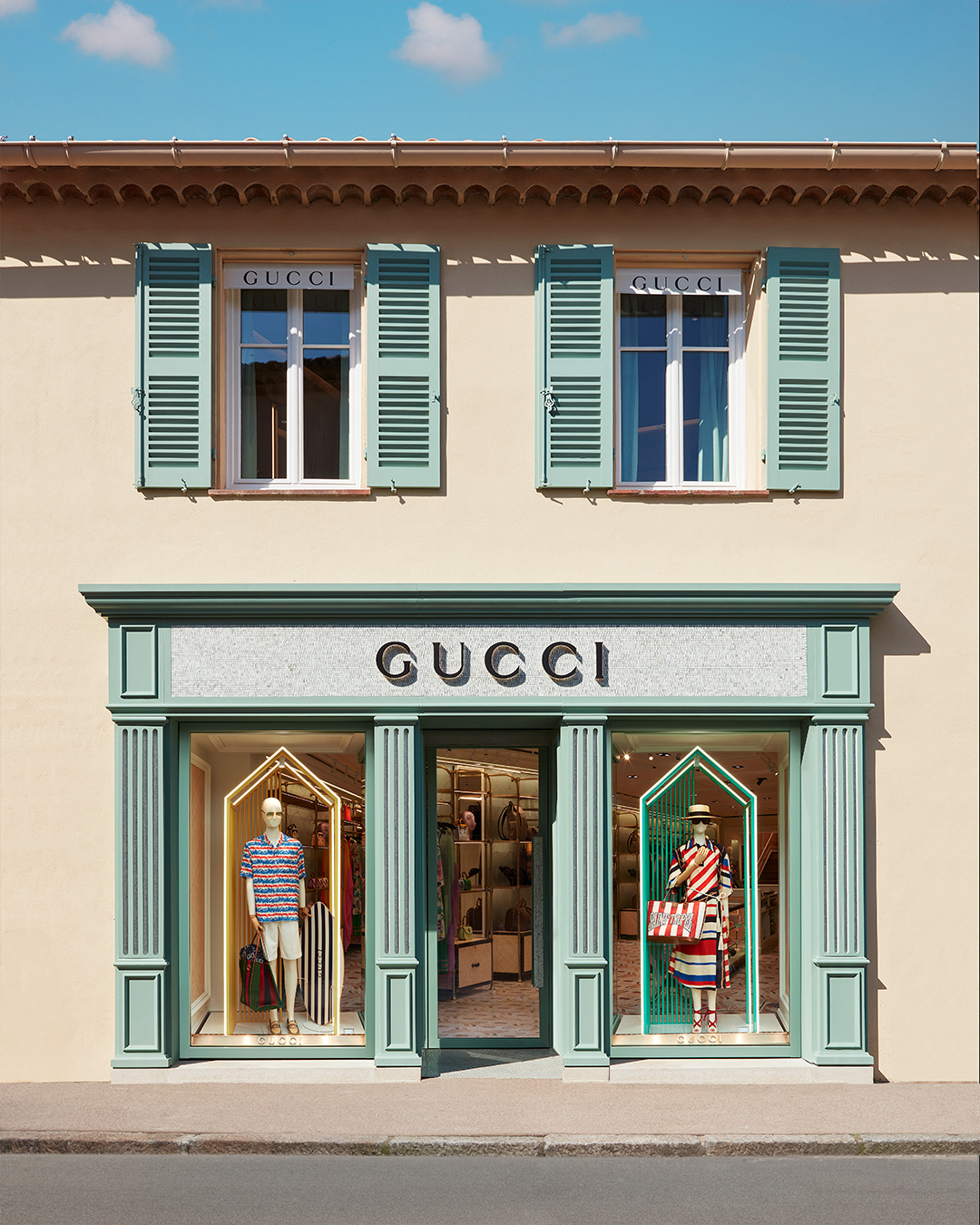
The luxury brand stood out as an early adopter by incorporating Econyl, an alternative to nylon made from waste products, into their men’s clothing and luggage collection named Gucci Off The Grid. Famed for its sustainable apparel, footwear, and accessories, the brand additionally offers premium lines of cosmetics and fragrances.
Moreover, Gucci Off The Grid items include metal or chrome-free tanned leather, recycled polyester thread and linings, recycled brass, recycled gold and palladium hardware. These are not only cruelty-free but renewable as well.
Gucci Equilibrium is the brand’s commitment to eco-friendly and sustainable fashion that endorses the vision of Gucci’s parent company, Kering. Since 2015, this platform showcases Gucci’s efforts towards inclusivity and positive impacts on both people and the environment.
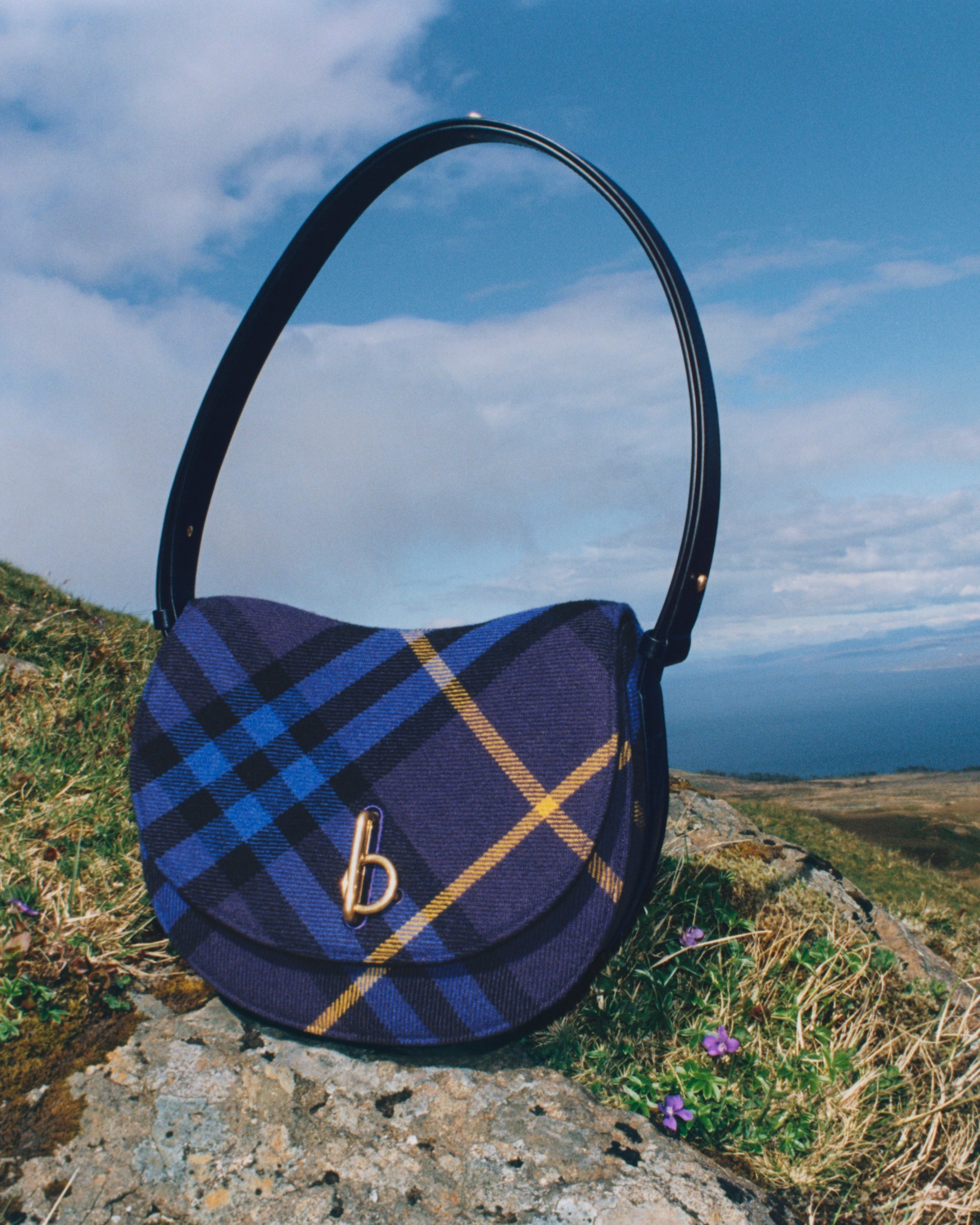
Back in 2018, Burberry’s CEO Marco Gobbetti declared a shift in the luxury fashion brand’s stance: they would stop the practice of discarding unsold products. The brand has also faced backlash due to the fact they burned garments with a value of one hundred million euros within the last five years. Thankfully, the brand is now committed to a drastic transformation, opting to recycle and donate slow-selling inventory instead.
Moreover, the brand also made the decision to discontinue the use of real fur. This shift was initiated with Riccardo Tisci’s inaugural collection for Burberry, marking just the initial step. At the same time, Burberry joined forces with the “Make Fashion Circular” initiative as a core partner, supporting their commitment to sustainability. This dedication is evident in their collection named ReBurberry, comprising 26 sustainable pieces crafted from eco-friendly materials like Econyl, bio-acetate, bio-nylon, and recycled polyester.
These top 5 barber shops in Bangkok are where gentlemen can elevate ...
Pets, as cherished members of our families, deserve rights and protections that ...
Wandering around the globe, try out the signature tastes of cultures across ...
Sailorr and Molly Santana’s black grills fuse hip-hop swagger with homage to ...
Oooh, Pantone just dropped their 2026 Colour of the Year and it’s ...
Pattaraporn “Nat” Salirathavibhaga’s HOMELAND supports farmers through conscious purchasing and bringing agriculture ...
Wee use cookies to deliver your best experience on our website. By using our website, you consent to our cookies in accordance with our cookies policy and privacy policy